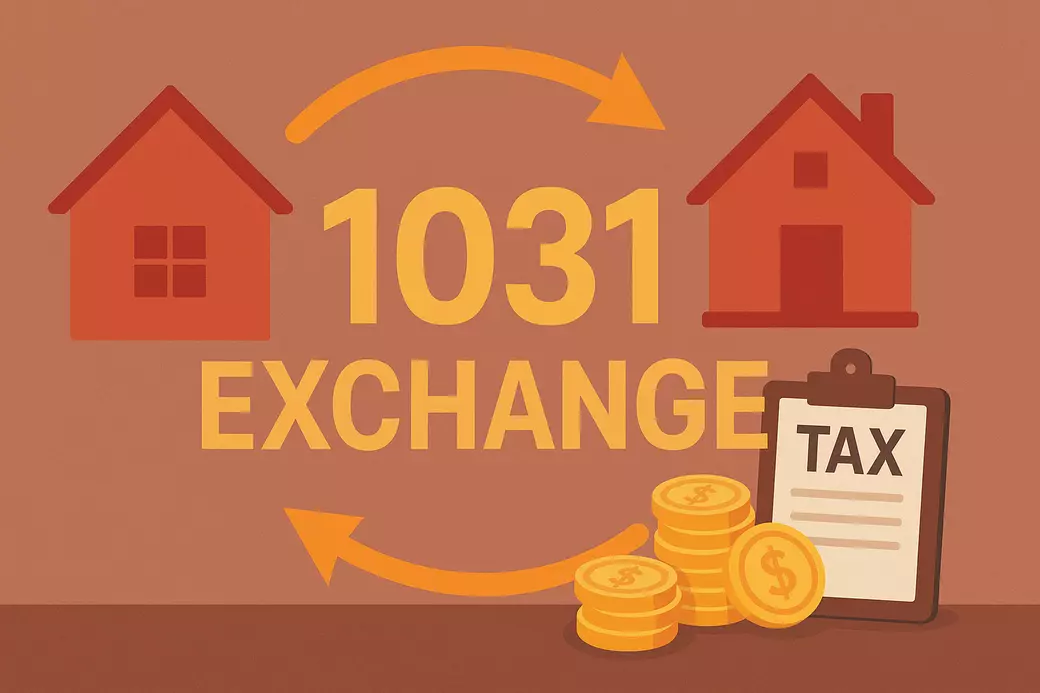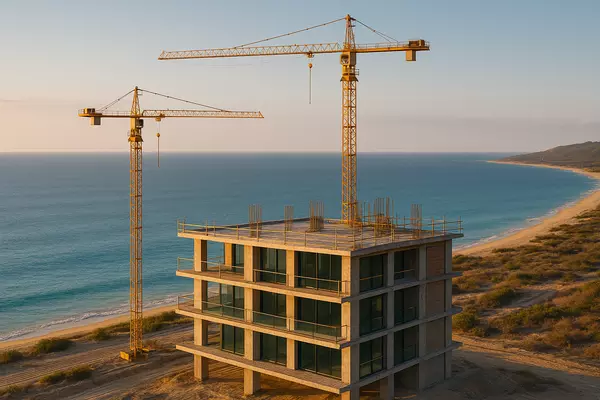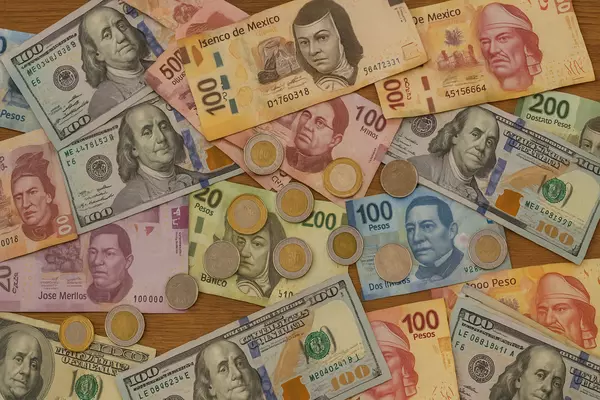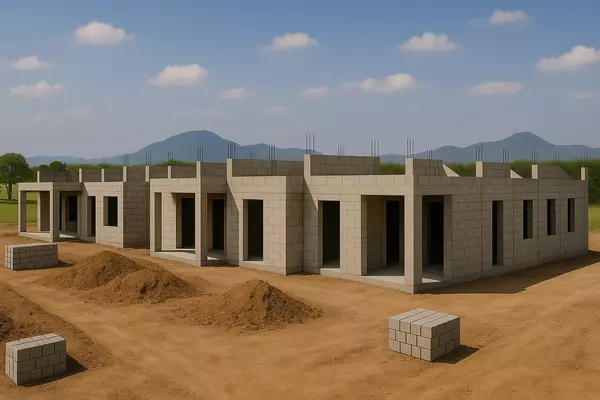Can You Do a 1031 Exchange in Mexico?

In the United States, a 1031 exchange allows investors to defer capital gains taxes by selling an investment property and purchasing another “like-kind” property within a set time frame, typically 180 - 365 days. It’s a powerful wealth-building tool because it lets you roll profits forward without paying taxes immediately. This often raises the question: Can you do a 1031 exchange in Mexico? The short answer is no. Mexico does not have an equivalent tax mechanism that allows you to defer capital gains taxes from the sale of an investment property by reinvesting in another property. When you sell real estate here, the applicable taxes are due at the time of sale, with very few exceptions.
The limited exceptions that do exist are mostly tied to industrial projects. Certain government incentive programs can reduce or eliminate taxes for highly specific types of investments, such as manufacturing plants, projects tied to job creation, or those meeting minimum capital thresholds within government-approved programs. These incentives, however, do not apply to standard residential or commercial real estate transactions.
The only common tax break available to individuals is the primary residence exemption. If the property being sold is your principal residence and you meet the requirements, you may qualify for zero capital gains tax on the first ~$700,000 USD of the sale price. Any amount above that is taxed at the applicable rate. Importantly, this exemption applies only to primary residences, not to rental or investment properties.
The reason Mexico does not offer a 1031-style exchange lies in its tax policy. The government prioritizes immediate tax collection from real estate transactions rather than allowing deferred reinvestment. While the U.S. system encourages reinvestment, Mexico’s fiscal approach is designed to secure revenue upfront. Industrial incentive programs, like those granted to large corporations such as Nissan or Tesla, are available because they generate jobs and infrastructure. These programs do not extend to private individuals selling residential properties.
In summary, 1031 exchanges don’t exist in Mexico for standard real estate. Taxes are due at closing with no option for deferral. Certain industrial or job-creating projects may qualify for incentives, but these are rare and highly specific. The primary residence exemption is the only widely available relief for property owners. If you are selling property in Mexico and want to minimize your tax liability, the best strategy is to plan ahead with a notario and tax professional. While you cannot “roll over” gains as in the U.S., there are still legitimate ways to reduce your taxable amount—especially if your property qualifies as your principal residence.
Fletcher Wheaton - fletcher@remexico.com
Categories
Recent Posts










GET MORE INFORMATION

